Get Started With Ketogenic Diet – Quick Start Plan
The ketogenic diet (keto) is a low-carb, high-fat diet that helps to lose and gain weight. While it can be quite challenging to get adapted with it, once you get used to it, can provide numerous other health benefits.
Now sure how to get started with Ketogenic diet? Here is our quick start guide:
Determine your daily calorie goal
Since calories play a significant role in determining your weight loss, weight maintenance, or weight gain, It is important to make sure you are setting a calorie goal that is lower than the amount you are burning throughout the day. Keto makes it easier to reduce calories since you reduce the amount of carb intake and lose weight. After deicing your calorie goal, you can break down your macros.

Corporate Wellness App
CircleCare
Decide on your macronutrient percentages
Make sure the majority portion of your diet contains fat (65-80%), then protein (15%-30%) and then carbs (5%-10%). Macros within these ranges are most useful for the ketogenic diet. Keep in mind; keto is high fat and moderate protein diet and low carb diet. Too much protein or fat will kick you out of ketosis.
Remove sugar and consume less than 20g-50g carbs daily
When we restrict carbs to 5%-10% of your entire calorie intake, your body has no choice but to burn fat for energy needs. Generally, It takes around 2 to 3 days to get into ketosis and 2 to 3 weeks to get used to it. Complete metabolic adaptation can take up to 6 weeks.
Consume green leafy vegetables
Try to include at least one serving of raw or cooked leafy green vegetables every day. Among the other nutrient-rich greens include arugula, spinach, kale, and cabbage are important for potassium, magnesium, fiber, and minimizing keto side effects.
Increase salt intake
When you get started with a ketogenic diet, your kidneys will actively be flushing sodium and potassium off your body. It is essential to consuming salt (up to 5g daily) to maintain proper blood circulation and avoiding fatigue. Hydration is also vital for your body when you are in keto.
Consume quality fats for the majority of your calories
Fat is the primary source of energy when you are on Keto or any other low-fat diet. Butter, ghee, coconut oil, avocado, grass-fed beef, and fatty fish (such as Salmon) are some of the best sources of fat.
Avoid this stuff
Avoid sugar, processed foods, carbs, and starchy vegetables like potatoes; most of these grow below the ground or includes trans fats. Do not cheat in the first three weeks to let your body get adapted to ketosis.

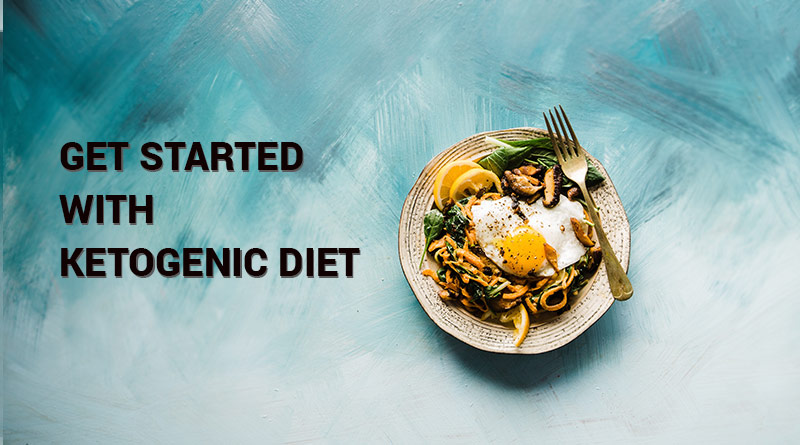

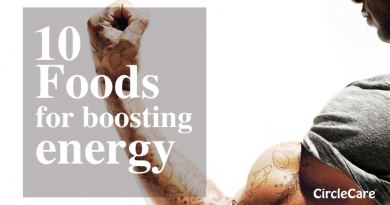
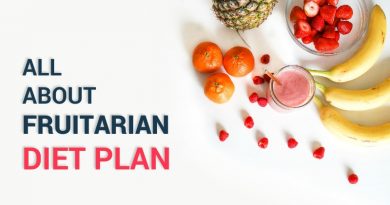
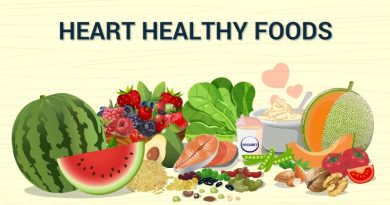
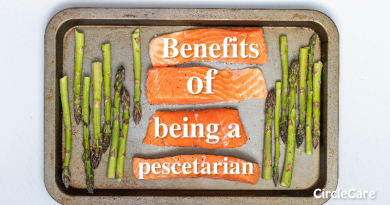


Pingback:A Low Carb Diet Guide With Sample Meal Plan